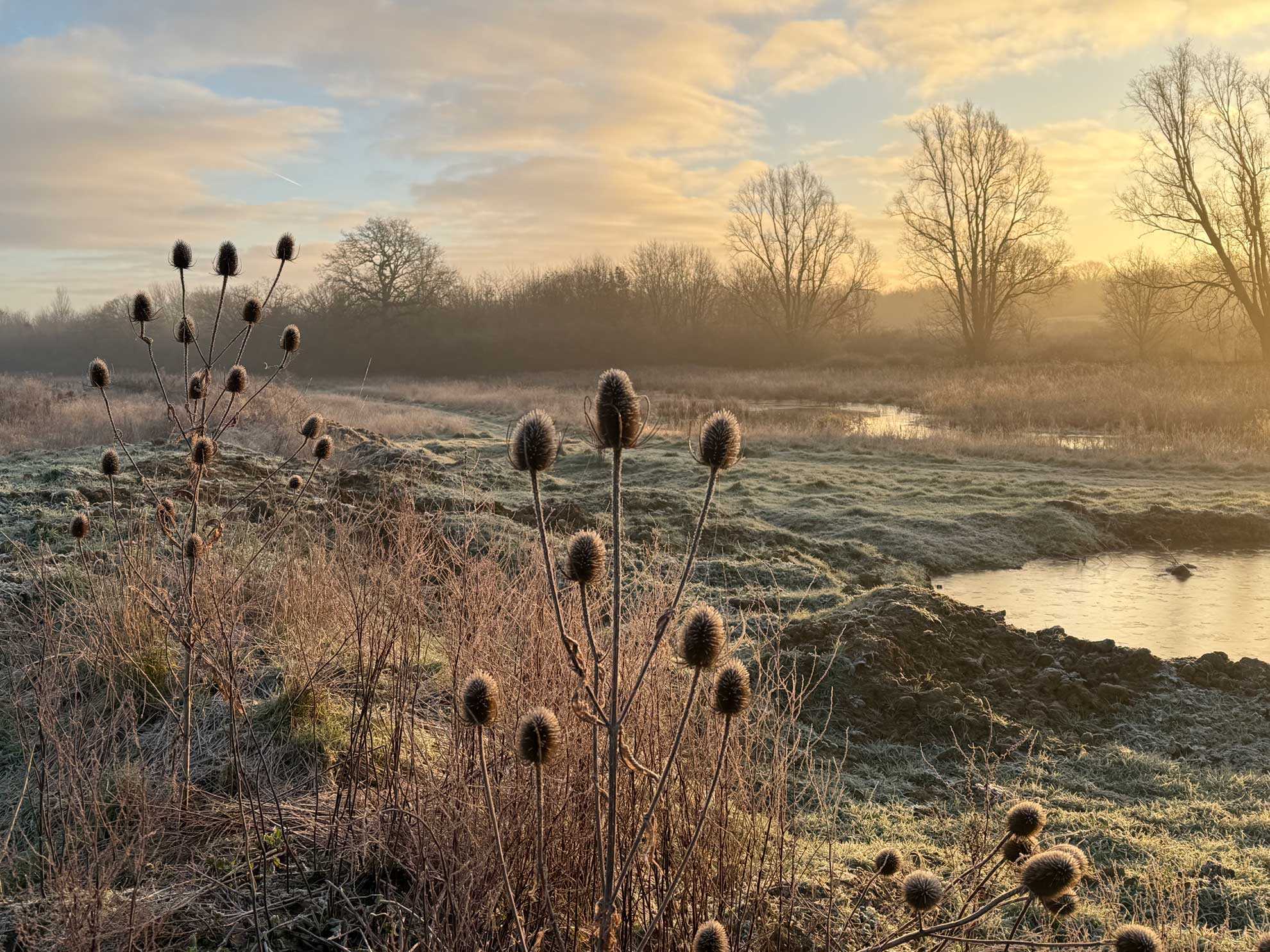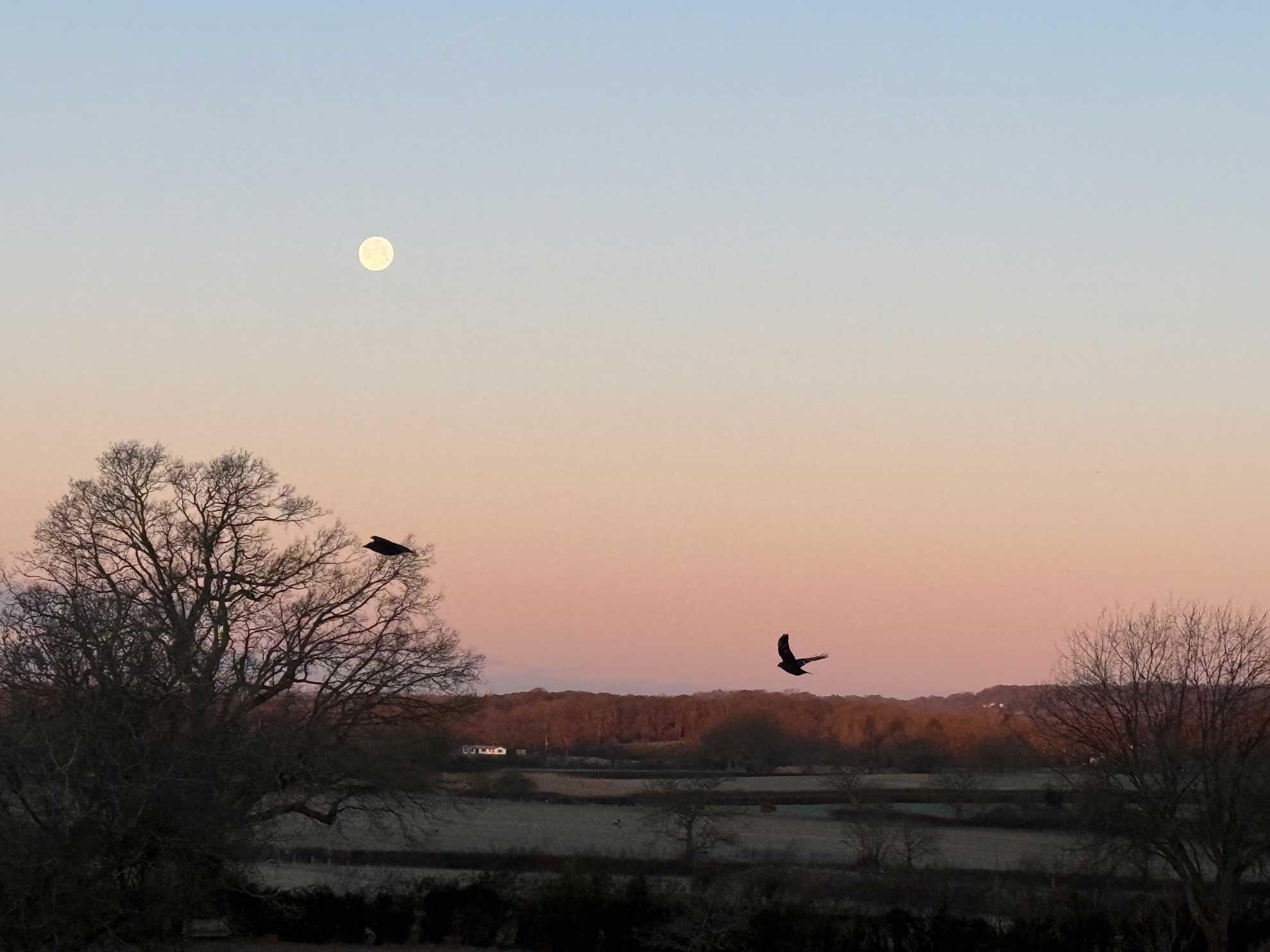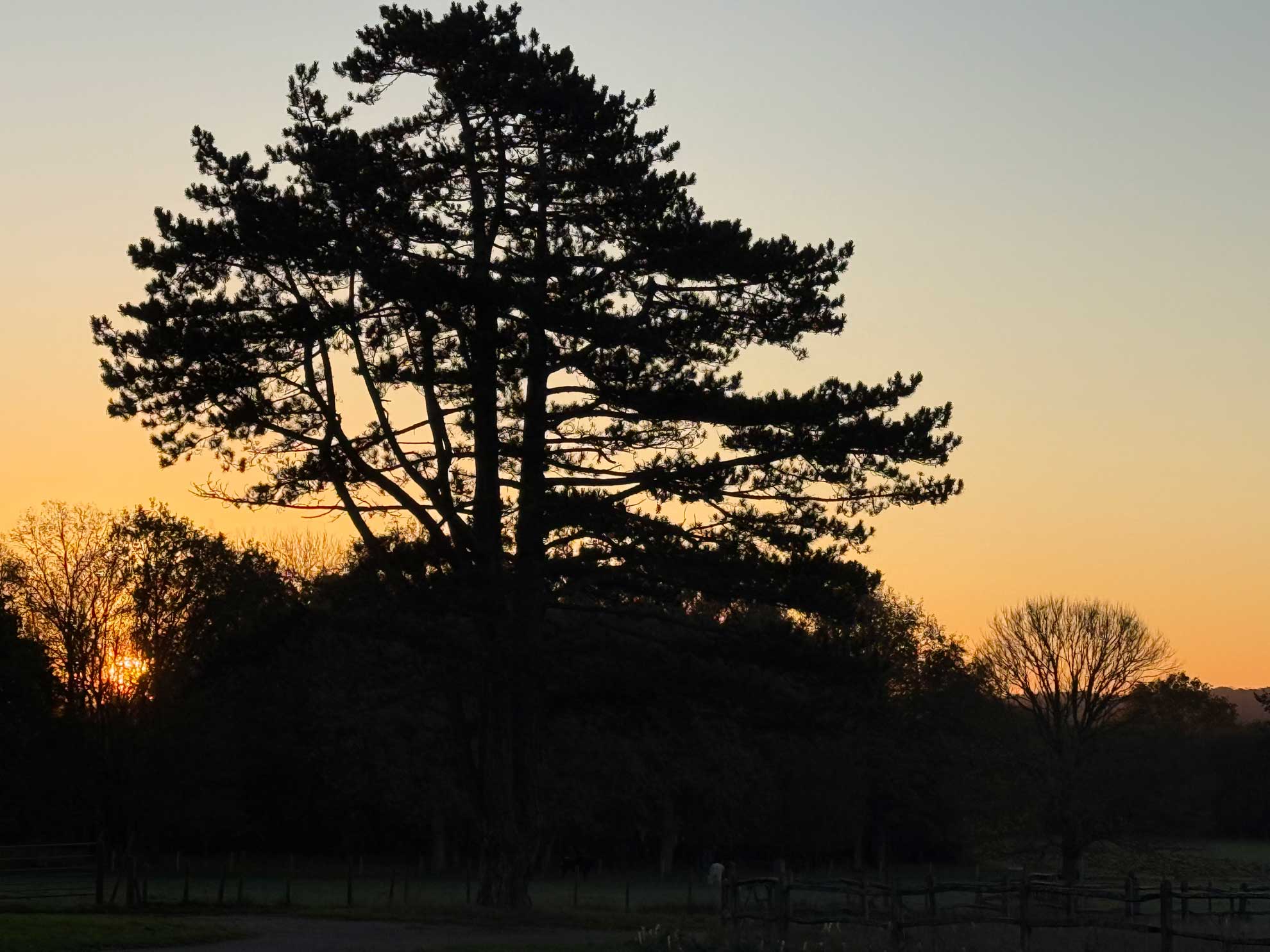From the Blog
Thanks to a local friend, I heard about a gathering this weekend in the nearby town of Forest Row. As good fortune would have it, I was able to go along despite the short notice and I am so glad I did. The purpose of the gathering: to talk about soil health and compost. Surprisingly to me, the village hall was packed with about 150 people of all ages, all interested in the topic of soil and collaborating for community improvement. Some of Forest Row’s enthusiastic residents are trying to create a community composting station, and this event was spreading awareness of the importance and benefits of collecting and using food waste for local improvement. Here is another example of a community based, grass roots venture that I have come across and I hope they succeed. I am repeatedly coming across examples of small groups of people coming together to start great initiatives that require collaboration with like-minded people. I see this as the future of how things need to be if we are to create change.
Part of the evening was watching the excellent and personally befitting film ’Six Inches of Soil’, a documentary style film which follows the story of three farmers as they transition to a regenerative approach to farming. The film highlights the need to improve the health of the soil, and the knock-on effects that this then has on the surrounding ecosystem as well as improved yields with fewer chemical inputs. It also highlighted the challenges faced by farmers and how closely we all dance on the line of making a profit or loss. How reassuring to realise it isn’t just me finding this dance really hard. We are needing to be dynamic, creative, adaptable, brave and resilient to farm nowadays, but it is reassuring that there is an ever increasing number of people embracing these challenges to bring about the changes that are so needed.
With an estimated 40-50 harvests left in the global top soil, it’s crucial that we begin to regenerate and improve soil health. There are lots of us doing what we can, but word needs to spread to others, and pretty rapidly, if we are going to secure our food supply going forward. It needs to not only be farmers, but gardeners and anyone who manages any land, no matter how big or small. We all need to compost, get more microbial activity into the soil by using less chemicals to encourage, amongst other things, more worms. Worms are the engineers of soil. Breaking down plant matter and taking it deep down into the soil. They aerate the top surface and their presence helps to retain water and carbon, but only if they have material to digest. On a farm scale, this is where the livestock come in: to produce the dung to feed the soil. An organic, regenerative soil system needs to have animal dung to feed the cycle and is the foundation for agroecological farming: using biology, rather than chemistry/chemicals, to create health and growth. In a garden, this is where compost comes in.
Across the border here in Surrey, we have collected food waste for more than a decade. I personally have never considered where this goes or what happens to it, despite diligently sending it off each week with the bin men. I compost everything uncooked on site for use in the garden, but as I now understand it, with the right microbial starter culture I can compost all food waste and use it to improve the soil here. This would be far preferable so I want to learn more about this and then spread the word to others. Just like a microbial compost starter culture, we pass on a small amount to others for them to then take it, develop their own and pass on again. Like this we can all spread the good stuff and nourish the soil up to the soul.






